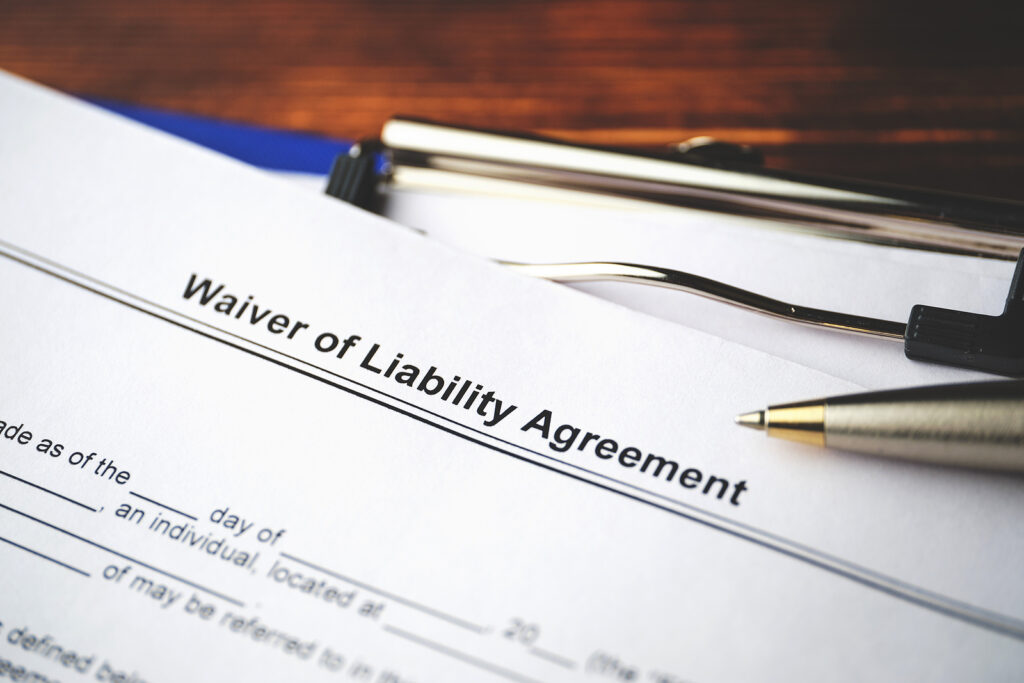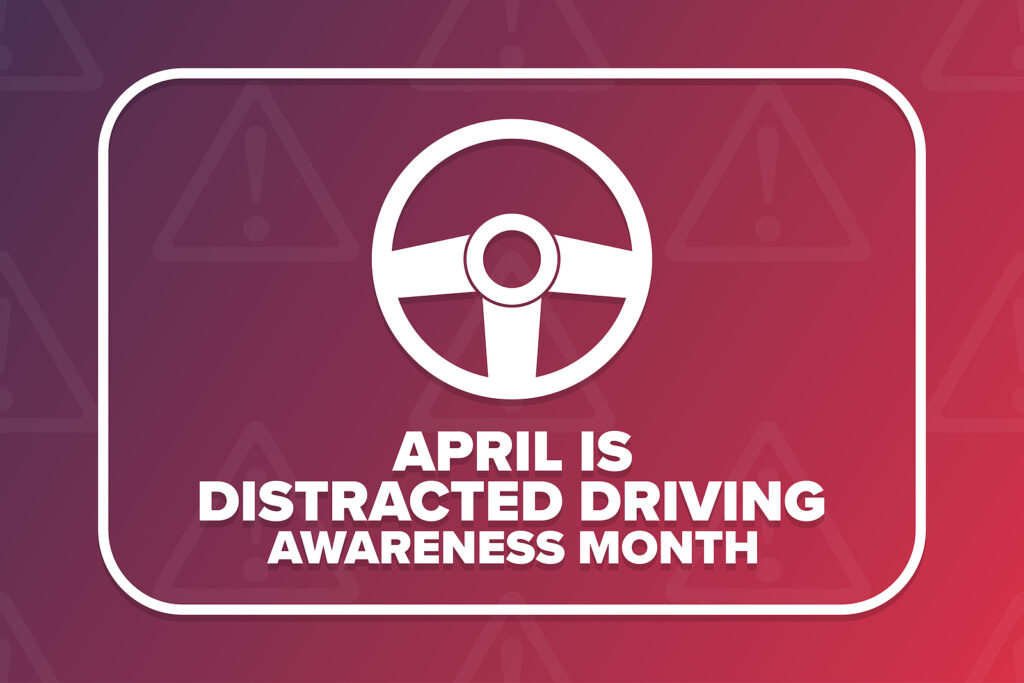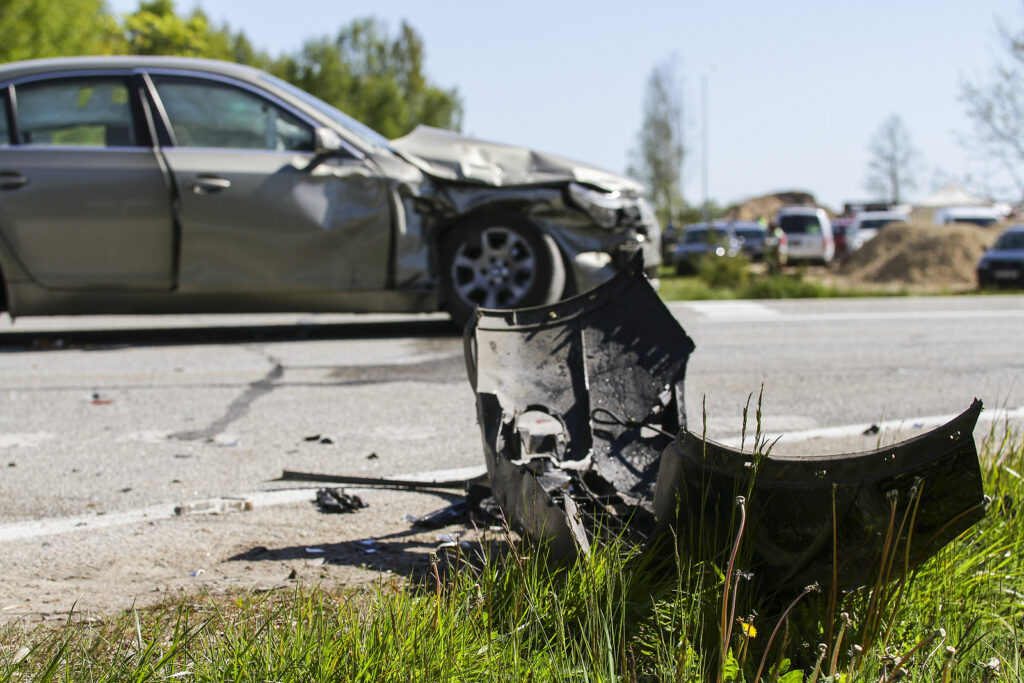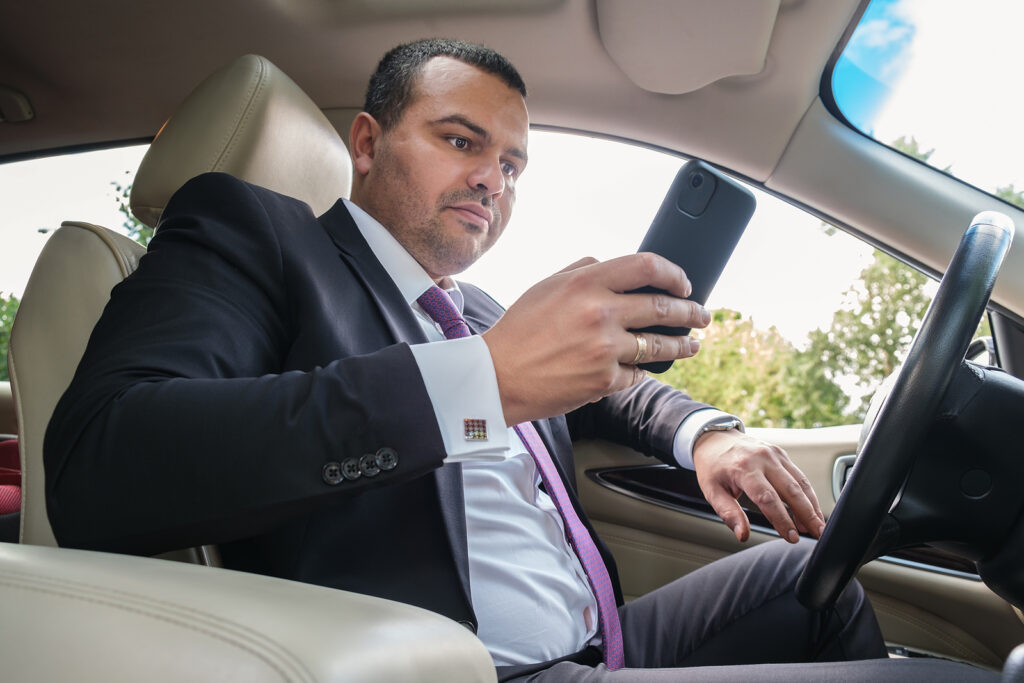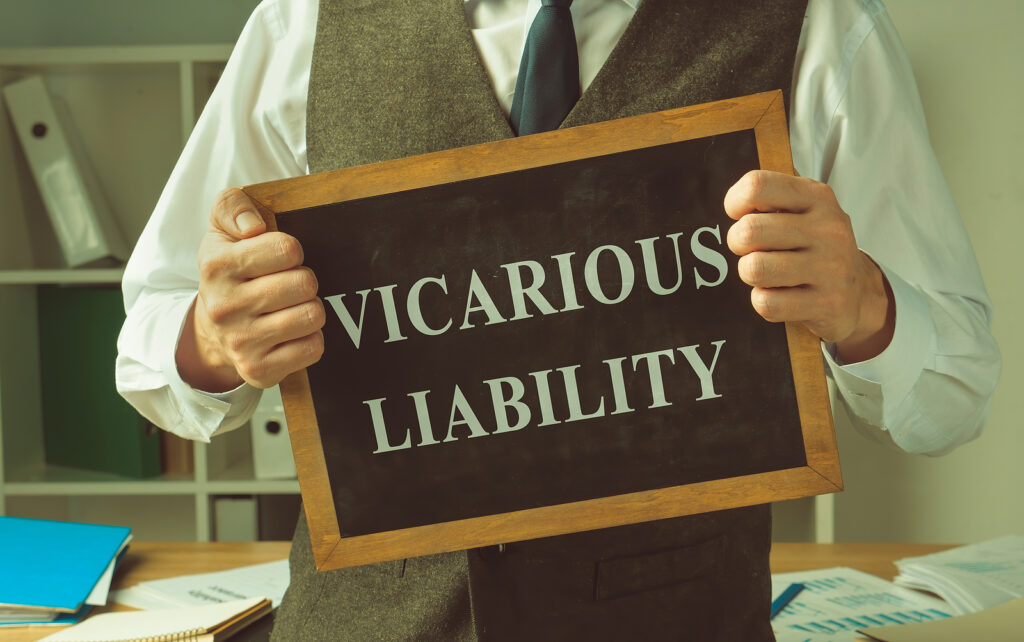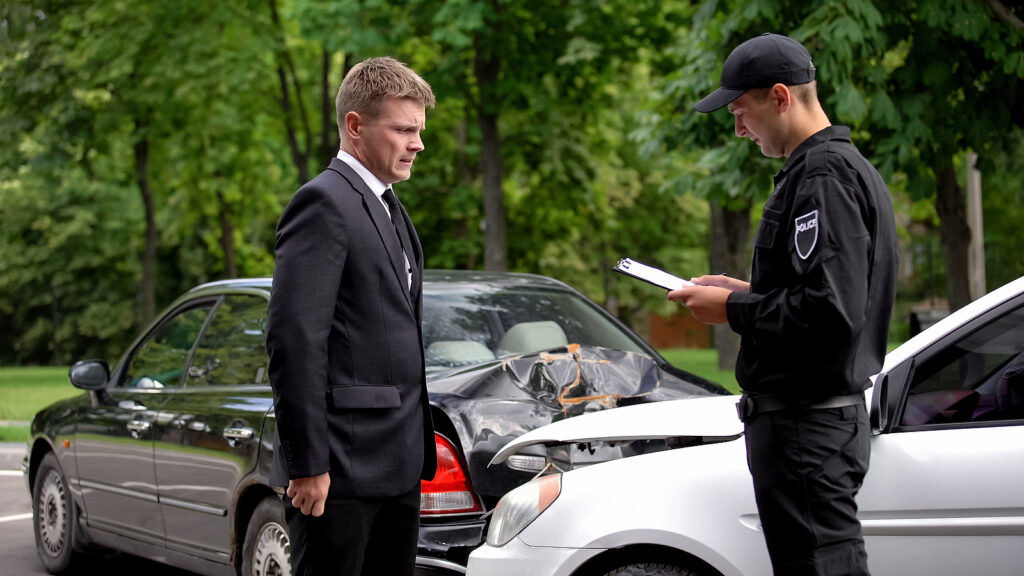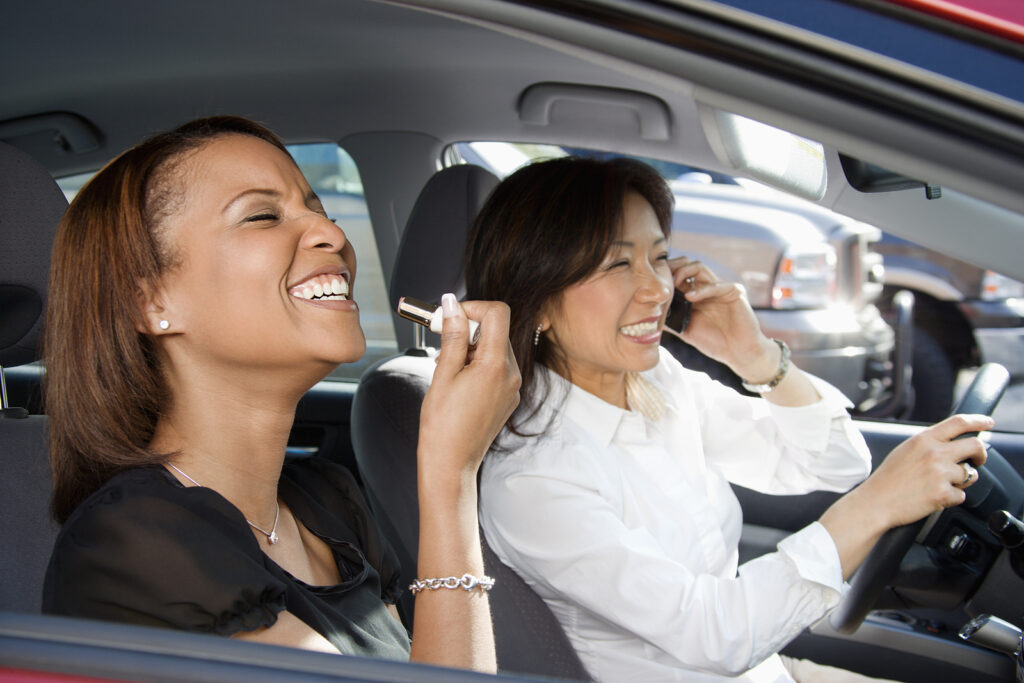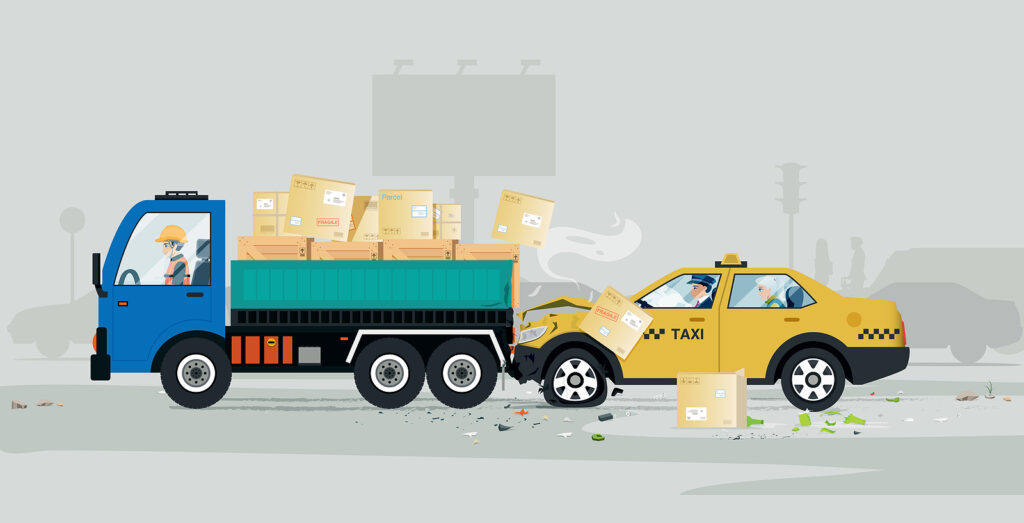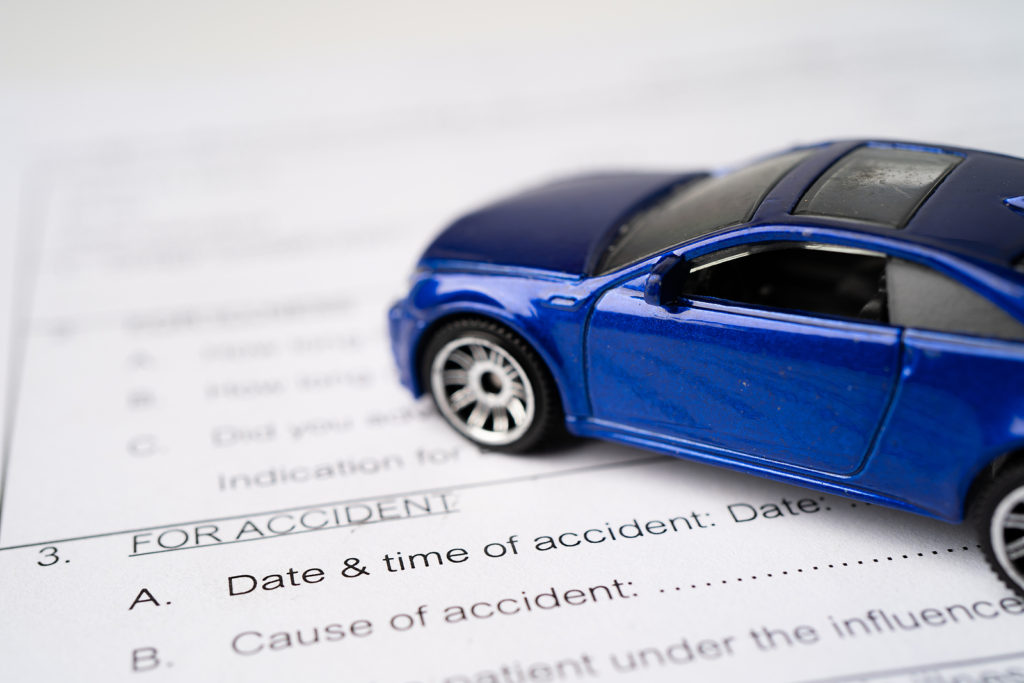Even as low as 5 or 10 miles per hour, vehicles are essentially multi-ton missiles on the road. So, when drivers are involved in a collision, the event is usually traumatic. The force produced by a car wreck can cause a wide range of injuries to both passengers and drivers, especially soft tissue injuries, back injuries, neck injuries, and concussions; injuries that are not always present right away. It does not take a big collision for a person to be injured in even a “minor” automobile collision because the force of the collision between the two vehicles involved in the collision flows through your flesh and body.
A common phenomenon surrounding car accidents is known as an onset of injury, which describes a car accident victim who does not show signs of injury until hours, days, or even weeks following the collision. Such car accident victims often feel concerned that they are no longer eligible to claim payments through an accident claim or lawsuit because their injuries were not apparent at the scene of the accident. But those who are wrongly injured in a car wreck deserve justice no matter how many days later their injuries appear, and the law tends to agree. Moreover, medical doctors agree that a delayed onset of injuries for a person involved in an automobile collision is very common.
Continue reading to learn more about experiencing an onset of injury after a car accident, including what you should do if you were hurt in an auto collision that was not your fault.
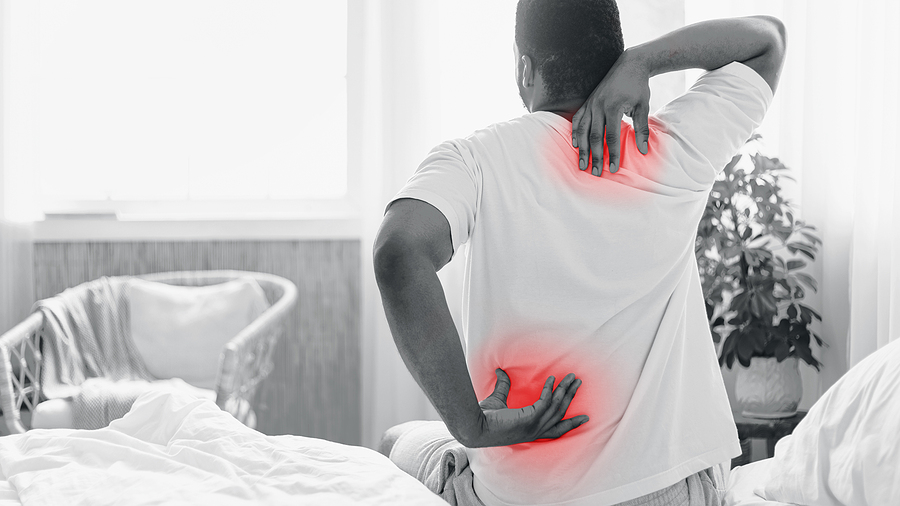
Do Not Mistake a Minor Accident for Minor Injuries
Even a seemingly minor car accident can cause bodily injury that does not appear at or directly after the scene of the collision. And if a minor car accident can pose the risk of late-appearing bodily harm, you can safely presume that a more serious auto accident can lead to an onset of injuries as well. An auto accident victim might feel fine, even unharmed, after the event, especially with their adrenaline pumping, but then days, weeks or even months later, begin experiencing signs and symptoms of serious injury. The most common types of late-appearing car accident injuries include neck injuries, back injuries, soft tissue injuries, whiplash, and concussions.
Because onset of injury is a real possibility among car accident victims, it is crucial to monitor your daily health following the wreck and to seek medical attention at the first sign of any evolving injuries. Such records will protect your rights to claiming payments through an accident claim or lawsuit, down the line, especially when the defendant’s insurance adjuster starts arguing you were not injured.
What To Do After a Car Accident
After being involved in a car accident that was not your fault, it is important to protect yourself by filing a police report at the scene and receiving medical attention from responding EMT’s. Also at the scene, gather as much video and photo evidence of the surroundings, including car damages, street signs, traffic signs, skid marks, intersections, any visible injuries on you, and more. You should also try to gather contact information from any witnesses. All of this evidence can help support your rights to being compensated.
After you leave the scene of the accident, it is critical to see a doctor right away. If you do not want to go to the emergency room, make a doctor’s appointment for the next day or as soon as possible. It is important to see a doctor after a car accident whether you feel injured or not. Not only will a doctor be able to check you out and give you instructions on how to self-monitor for later-appearing car accident injuries, and these medical records will help support your case as well.
During this process, it is vital that you do not speak with any insurance adjusters or representatives. Instead, work fast to hire a personal injury law firm in Indiana that specializes in car accident injury claims. They have the knowledge and resources to represent your case and obtain the maximum settlement or verdict you deserve. Just be sure to choose the best car accident attorneys in Indianapolis!
Insurance companies for defendants have attorneys and insurance adjusters working on the case for the defendant from the moment the at-fault driver informs them of the automobile collision. You should have immediate attorney representation as well to make sure you get treated fairly and so the other side does not entice you to doing things that will only help their side.
Are you looking for a qualified and experienced civil litigation law firm that can meet these expectations and more? Contact the Law Office of Craven, Hoover, and Blazek P.C. at 317-881-2700 to schedule a free personal injury case evaluation with a seasoned car accident lawyer in Indianapolis. We represent clients throughout the state of Indiana and Indiana residents injured in other states.
Related Posts:
Can I Still Sue the Other Driver if My Car Accident Injuries Were Not Apparent at the Scene?
See a Doctor if You Experience These 6 Delayed Car Accident Symptoms
Is it Too Late For Me to Make a Personal Injury Claim?

